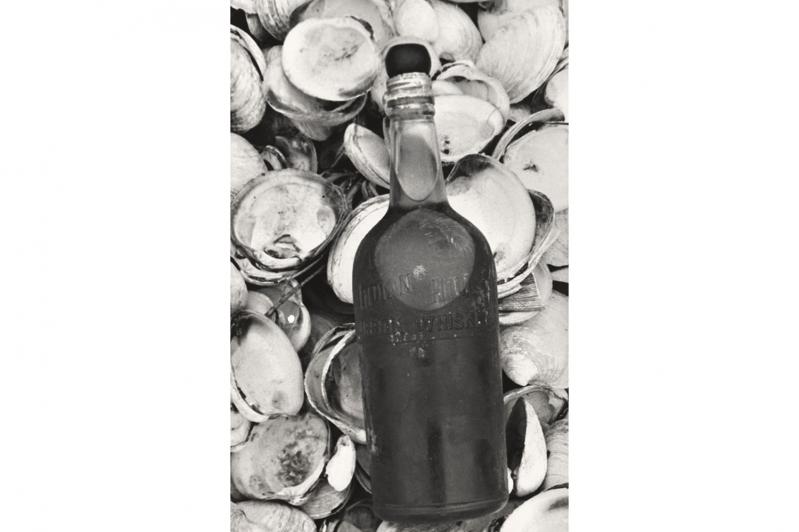In June of 1970, crew members of the Edith Hudgins, a trawler helmed by Capt. Norman Edwards (1920-1997), were surprised to find a full bottle of Indian Hill bourbon whiskey in a trawl eight miles off the coast of Montauk. Ted Lester (1908-1973) took a sip of the whiskey and declared it “strong as hell” and definitely “Prohibition stuff.”
Lester’s description referred to alcohol made during the period in which its production, sale, and transport were illegal in the United States. The 18th Amendment ratified this ban, which had been advocated by the temperance movement.
That movement began in the early 1800s and promoted abstinence from alcohol as a way to cure society’s ills. Beginning in the 19th century, temperance societies emerged across the country, and several were local to eastern Long Island, such as those in Sag Harbor and Montauk.
Despite the law and the prominence of temperance societies, enforcement of Prohibition was difficult on Long Island, which boasts more than a thousand miles of shoreline. It wasn’t uncommon for fishermen and farmers to be rumrunners, as fishermen could inconspicuously transport crates of alcohol along with their daily catch, and farmers could carry the crates from the shore to be stored for sale. Because rumrunning was so profitable, many on the East End were ambivalent about this undertaking despite its illegality.
The East Hampton Star’s Nov. 28, 1924, coverage of a raid in Montauk by enforcement agents spoke to how widely known the activities of rumrunners were. Locals were “greatly perplexed and amused” by this “sudden activity on the part of enforcement agents.” Since Prohibition began, liquor had been flowing west to New York City from Montauk Point. In this case, authorities seized 11 cars full of crates of alcohol on a Napeague Beach road.
Despite the increase in enforcement, rumrunning on Long Island continued until the 21st Amendment overturned Prohibition in 1933.
—
Megan Bardis is a librarian and archivist in the East Hampton Library’s Long Island Collection.




